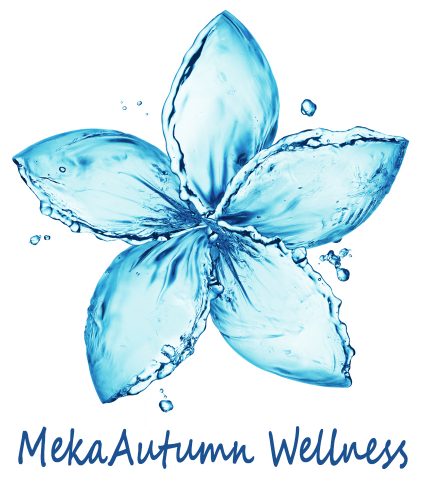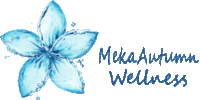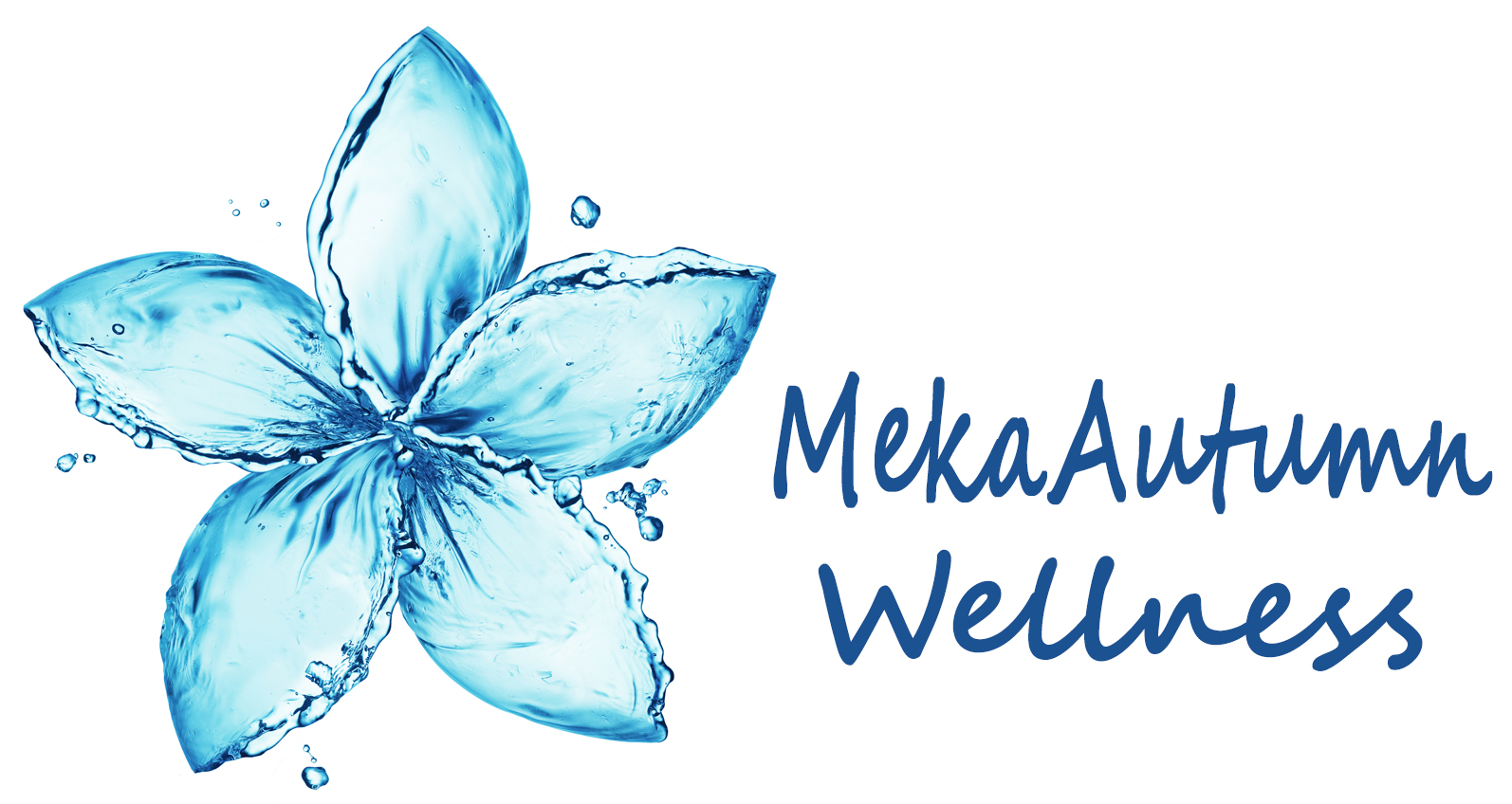Common Questions
SAILING FIT
By: Meka Taulbee
ACE Certified Personal Trainer
SAILFIT Inc
Commonly Asked Questions
As I sit here thinking about what to write I am surrounded by the news of Hurricane Katrina. I can’t help but wonder how many addresses this will not make it to simply because they do not exist anymore. So many yacht clubs and sailing centers affected, leaving so many of our fellow sailors without what has brought them so much joy. It seems so trivial to worry about what will improve your hiking skills or what is the best meal to eat on the water. However it makes me think that there is a whole other type of exercise that I have never written about. It’s an exercise in and giving.
Let’s do what we can to help these guys out. Lend your boat for a regatta, give away some old equipment or a pair of hiking pants. Lets make sure everyone can get back on the water and have a good time. How does this relate to fitness? Well if you’re on the water sailing your exercising right? Works for me!
Aside from that I thought I would go over some questions that I am most commonly asked. They are pretty general, but sometimes it’s good to get back to basics.
1) If I can’t work out often enough for long enough should I even bother?
In terms of exercise it really isn’t an all or nothing principle. The truth is any activity is better than none and we all need to start somewhere. Studies have shown that even a 15-30 minute walk 2-3 times a week can significantly reduce the risk of heart attack, lower blood pressure and reduce stress. Even activities like gardening, house repairs, and cleaning can produce the same effects. So even if you can’t make it to the gym you can always find a way to be active during the day. Besides, I’m sure everyone has some boat work they could do!
2) How much should I drink while I’m exercising and does cold water really make a difference?
One of my personal favorites! While at one time it was thought that liquids during exercise would bloat the athlete’s body and affect their performance it is actually the opposite of the truth. Athletes such as long distance runners and boxers may lose up to five pounds while running or boxing. This liquid needs to be replenished in order to be able to perform at optimal levels. By taking in about 8oz every 20 minutes of exercise you can reduce the effects of fatigue, safeguard against injury and think more clearly. The notion of not drinking cold water because it may cause cramps is a myth. Cold water will actually cool the body faster than warmer liquids because the body absorbs it more rapidly.
3) No pain, no gain?
Many feel that if they are not sore the next day they didn’t work hard enough. First of all feeling sore and feeling pain are two very different things. If your muscles feel a slight level of discomfort the day after exercise it is in most cases acceptable as long as it does not continue for days on end. If you feel pain during an exercise you should stop immediately and if you feel pain after a workout it most likely means you overdid it and pushed yourself to far. Muscle soreness is caused by tiny tears in the muscle fibers. If you feel this soreness after every workout, you are not allowing enough time for rest and for these tears to heal. If your muscle is not allowed enough time to heal it cannot become stronger. Most likely if you are feeling pain the only gain you will get is an injury and an excuse not to weight train. The key to preventing soreness is to stretch before and after your workout session.
4) If I stop exercising, will my muscle turn to fat?
I chalk this one up to a big misunderstanding. Muscles and fat are two separate types of tissue. It may seem that if you stop exercising you are putting pounds on and don’t appear to be as tone. Most people assume that their muscles just turned to fat! The reality is that lack of exercise will result in your muscles shrinking and a reduction in the rate at which the body burns calories. Now consider that since you stopped exercising you are most likely consuming more calories than you are burning. This results in increased body fat. But by no means does this mean you can never stop exercising. If you decrease your activity level just be aware of the amount of calories you consume and try to stick to a lean diet.
5) Can I “spot reduce” the areas of my body I am unhappy with?
Wouldn’t that be great! Unfortunately genetics dictates where fat decides to hang out in your body and also where it leaves from first. When you exercise, your body uses the energy produced to burn fat in all areas of your body. This is regardless of what area you may target. The most common area people want to focus on is their abs so I will use this as my example. If you do crunches all day long you may not end up with that six-pack you were hoping for. If you have a layer of fat over your muscles you won’t be able to see them. You have to reduce your percentage of body fat first and then you will be able to see the muscles you have been training so vigorously!
6) Will weight training make me bulky especially if I am a woman?
This is one I hear over and over. What makes men capable of building big muscles is partly testosterone, which women have very low levels of naturally. If you are referring to the building of big bulky muscles that are most often associated with bodybuilders, this is unlikely to happen with the average workout most people perform. It also can depend on your trainer and what type of program they have designed for you. Be sure to make them aware that you do not want to look like the Hulk when you begin. Your workout may consist of lower weights with higher repetitions in each set. This will keep you strong and tone, but not create a big and bulky look. This leads me right into one of the next biggest myths floating around out there.
7) Are strength training and bodybuilding the same thing?
This is absolutely not the case. The goals are very different with these two activities. With strength training or resistance training we are trying to improve strength, endurance, aerobic capacity, control our weight, and increase athletic performance. Many times strength and resistance training can be used in physical rehabilitation. Bodybuilding on the other hand has evolved into a competitive event. Here we are trying to achieve the best muscle definition, size and symmetry.
8) As long as I go easy and I’m careful I don’t need to warm up or stretch right?
Ok, anyone who knows me knows this makes me want to beat my head against a wall!! Warming up and stretching is the number one way to avoid injuries such as tendonitis, strains, sprains, aches and pains. Remember the rubber band analogy. If you don’t know it you better get a hold of me before I get a hold of you! I think the best example I can give to demonstrate this is this. Think about any injuries you may have gotten while sailing even if it was just getting whacked by the boom. Now put someone who has never sailed before in a boat and ask him or her to complete just one race. Just think of the damage they will do to themselves! That’s what it’s like for your body when you don’t warm up or stretch before and after exercising.
9) Will building muscle reduce my flexibility?
If you strength train properly this will not occur. A reduction in flexibility will result from not moving your joints through their full range of motion and not stretching. (The rubber band analogy again!) Flexibility is not just something you have or don’t have. You need to keep your muscles limber and your joints active. The more you work at staying loose and stretched the more flexible you will become. Like that rubber band, they will continue to become more pliable and stretch further.
10) Should children participate in strength training activities or programs?
Absolutely! Today we have one of the largest child obesity rates in the world. Everyday when children play they are pushing, pulling, lifting, running and throwing against various forms of resistance. Their program already began! Keep them active now and they will continue the habit as adults. This does not mean that they have to go pound the weights at the gym, but if they see you doing some weight training they may want to copy you. As long as it is a small amount of weight where they will not hurt themselves, go for it! It’s better than lifting the remote control and they will become more confident and outgoing.
Well hopefully that will help clear up some of the common exercise myths out there. After reading these maybe it will spark some of your own questions. Please don’t hesitate to ask me. No question is a dumb questions and I am more than happy to help anyone. You can email me at meka@sailfit.com or visit our web site at www.sailfit.com. I look forward to hearing from you.




